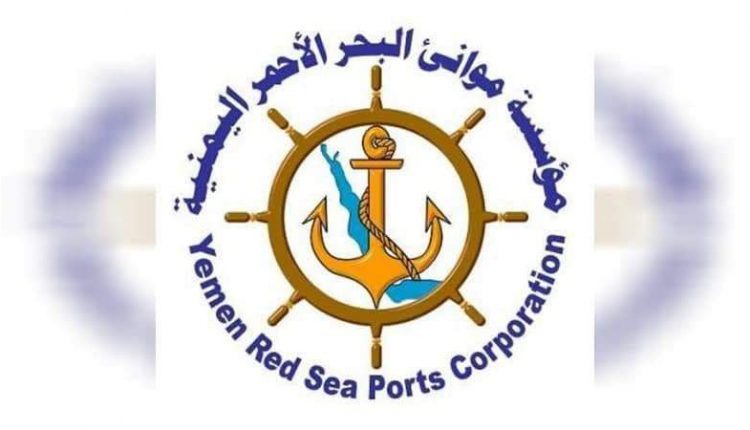US-Saudi Aggression Delays Release of Seized Fuel Ships
The Vice President of the Red Sea Ports Corporation, Yahya Sharaf Al-Din, confirmed, Tuesday, that the US-Saudi aggression coalition is still delaying in releasing the detained oil ships.
“There are still ships detained by the US-Saudi aggression, and it is still procrastinating in releasing them until this moment” The deputy head of the Red Sea Ports Corporation said.
The deputy head of the Red Sea Ports Corporation explained that it is possible to unload the gasoline tanker “Caesar” to the port of Ras Issa, but the US-Saudi aggression prevents this.
Sharaf Al-Din indicated that due to the current circumstances and the Electricity Corporation’s issuance of a distress call, the Hodeidah Ports Corporation began unloading the diesel tanker “Siplander Sapphire”.
The General Electricity Corporation has announced its inability to supply hospitals, water pumps, and telecom exchanges to some governorates with electricity, as a result of the imminent interruption of the Ras Kutnaib power stations in Hodeidah and Haziz, Sana’a.
A statement issued by the Corporation confirmed that the Ras Kutnaib and Haziz central power stations are about to be completely out of service due to their running out of fuel, which will lead to the suspension of electricity service to health facilities and service and vital facilities.
It indicated that with the entry of one of the diesel ships to the port of Hodeidah, the ship was not delivered to the oil berth of the port of Hodeidah, in order to start unloading the diesel shipment and first aiding the power stations until this moment.
It called for urgent intervention and prompt directing the concerned and competent authorities to start the procedures for entering and unloading the shipment for the utmost importance and necessity.
For its part, Since June 2020, the aggression and its allied government have continued to prevent fuel ships from entering the port of Hodeidah, except for a few ships that entered the port with a large time difference between each ship. Most of the ships left the place where they were being held by the forces of aggression, with their full cargo, after accumulating delay fines, exceeding the price of the cargo.
A suffocating fuel crisis in all governorates is experienced under the authority of Sana’a. Most of the important vital sectors, especially the health sector, are threatened with suspension, while work has been disrupted in many productive and service sectors, which caused economic losses of millions of dollars.
The fuel stations announced that their stocks of oil had run out. Hundreds of vehicles stood in long queues in front of these stations, hoping that shipments of oil would arrive in the coming days.
Meanwhile, representatives of commercial power stations told subscribers in several neighborhoods of the capital, Sana’a, that these stations will have to cut off the power for hours during the day and night, as a result of the lack of diesel running these stations.

